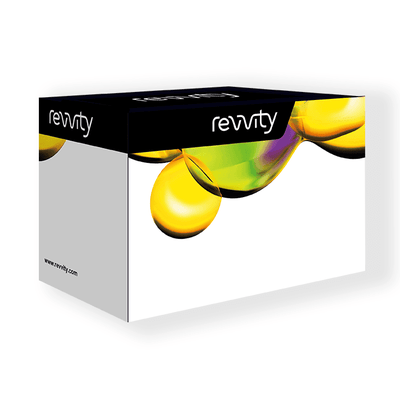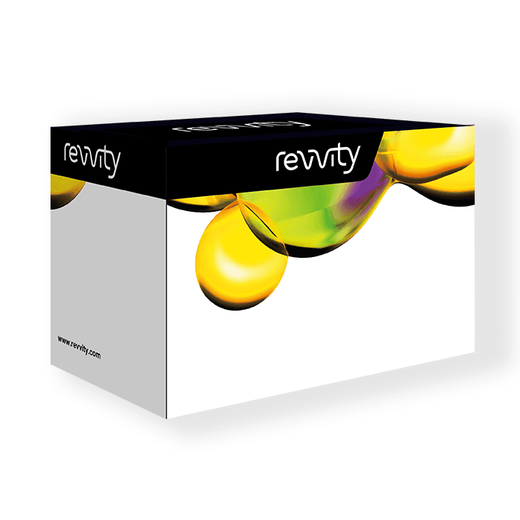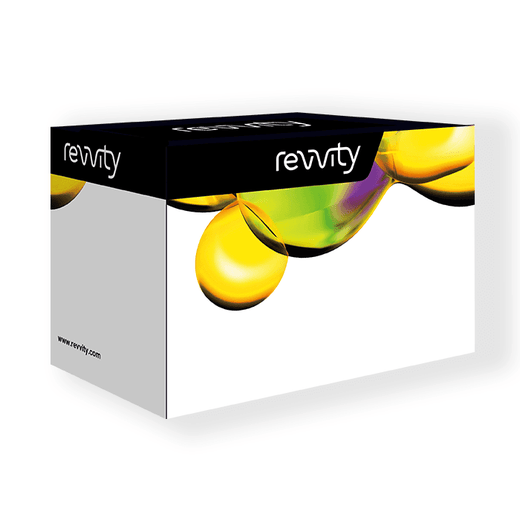

HTRF Human Total IRAK3 Detection Kit, 500 Assay Points


HTRF Human Total IRAK3 Detection Kit, 500 Assay Points






Irak3 Total Kit - 50,000 Tests
For research use only. Not for use in diagnostic procedures. All products to be used in accordance with applicable laws and regulations including without limitation, consumption and disposal requirements under European REACH regulations (EC 1907/2006).
| Feature | Specification |
|---|---|
| Application | Cell Signaling |
| Sample Volume | 16 µL |
Irak3 Total Kit - 50,000 Tests
For research use only. Not for use in diagnostic procedures. All products to be used in accordance with applicable laws and regulations including without limitation, consumption and disposal requirements under European REACH regulations (EC 1907/2006).



HTRF Human Total IRAK3 Detection Kit, 500 Assay Points



HTRF Human Total IRAK3 Detection Kit, 500 Assay Points



Product information
Overview
IRAK3 is a mediator of toll-like receptor (TLR) and interleukin-1 receptor (IL1R). IRAK3 binds to MyD88 and to IRAK2/4, to inhibit the phosphorylation and activation of IRAK1. IRAK2 acts as a brake on TLR/ILR pathways and has a well-established role in regulating innate immunity.
This cell-based assay measures the modulation of IRAK3 protein levels.
Specifications
| Application |
Cell Signaling
|
|---|---|
| Brand |
HTRF
|
| Detection Modality |
HTRF
|
| Lysis Buffer Compatibility |
Lysis Buffer 1
|
| Molecular Modification |
Total
|
| Product Group |
Kit
|
| Sample Volume |
16 µL
|
| Shipping Conditions |
Shipped in Dry Ice
|
| Target Class |
Phosphoproteins
|
| Target Species |
Human
|
| Technology |
TR-FRET
|
| Therapeutic Area |
Inflammation
Oncology & Inflammation
|
| Unit Size |
500 Assay Points
|
Video gallery

HTRF Human Total IRAK3 Detection Kit, 500 Assay Points

HTRF Human Total IRAK3 Detection Kit, 500 Assay Points

How it works
Total IRAK3 assay principle
The total IRAK3 assay quantifies the expression level of IRAK3 in a cell lysate. Unlike Western Blot, the assay is entirely plate-based and does not require gels, electrophoresis, or transfer. The Total-IRAK3 assay uses two labeled antibodies: one coupled to a donor fluorophore, the other to an acceptor. Both antibodies are highly specific for a distinct epitope on the protein. In presence of IRAK3 in a cell extract, the addition of these conjugates brings the donor fluorophore into close proximity with the acceptor and thereby generates a FRET signal. Its intensity is directly proportional to the concentration of the protein present in the sample, and provides a means of assessing the protein’s expression under a no-wash assay format.

Total IRAK3 2-plate assay protocol
The 2 plate protocol involves culturing cells in a 96-well plate before lysis, then transferring lysates into a 384-well low volume detection plate before adding total IRAK3 HTRF detection reagents. This protocol enables the cells' viability and confluence to be monitored.

Total IRAK3 1-plate assay protocol
Detection of total IRAK3 with HTRF reagents can be performed in a single plate used for culturing, stimulation and lysis. No washing steps are required. This HTS designed protocol enables miniaturization while maintaining robust HTRF quality

Assay validation
Endogenous level of IRAK3 on THP-1 cells
THP-1 cells were plated in a 96-well plate (50 µL per well) and incubated for 15 min at 37°C, 5% CO2. Cells were then lysed with 50 µL of supplemented lysis buffer #1 at 2X for 30 minutes at RT under gentle shaking. 16 µL of lysate were transferred into a 384-well low volume white microplate, and 4 µL of the HTRF total IRAK3 detection reagents were added. The HTRF signal was recorded after 4h of incubation.

Simplified pathway
IRAK3 and its role as a negative regulator of TLR/IL1R signaling
The interleukin-1 receptor-associated kinases (IRAKs) are mediators of toll-like receptors (TLR) and interleukin-1 receptor (IL1R) signaling. IRAK4, IRAK2 and IRAK1 signal through TRAF6, thus activating the NFκB and MAPK pathways, and resulting in the transcription of pro-inflammatory cytokines. IRAK3 inhibits the TLR/IL1R pathway. IRAK3 prevents the dissociation of the active IRAKs (IRAK-1 and IRAK-4) from MyD88, and in doing so plays the role of a negative regulator of innate TLR-mediated immune responses.

Resources
Are you looking for resources, click on the resource type to explore further.
Advance your autoimmune disease research and benefit from Revvity broad offering of reagent technologies


How can we help you?
We are here to answer your questions.






























